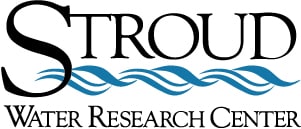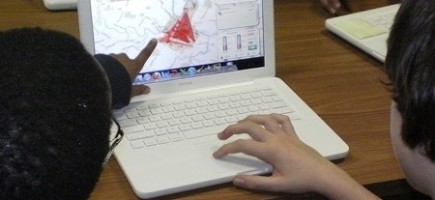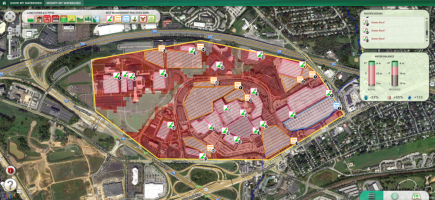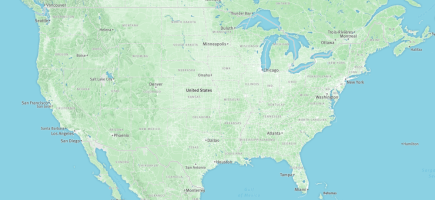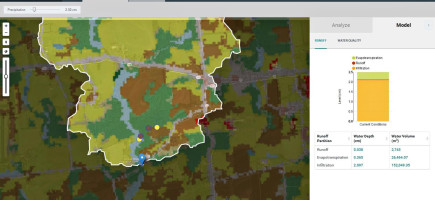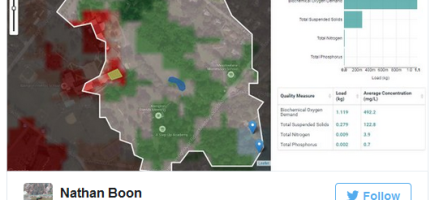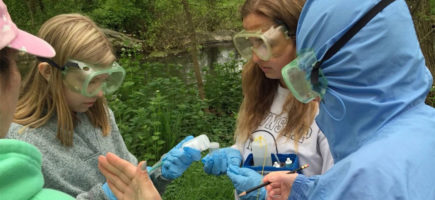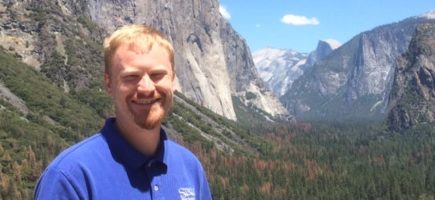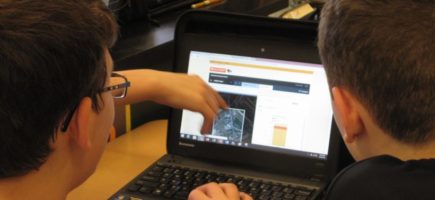“Since water quality is a global issue, we thought we’d help in our own community to try to improve water quality along Gore Creek.” — Katie Lunde, Colorado STEM teacher, in the Vail Daily
Always in search of an “ah-ha” moment for her students, Katie Lunde is actively engaging them in improving a creek deemed an impaired waterway by the Colorado Department of Health and Environment. Their work on Gore Creek has garnered them local media coverage and national recognition:
- Gypsum Creek Middle School students partner with Vail and Walking Mountains to restore Gore Creek
- Gypsum Creek Middle School STEM students win national competition
Lunde is one of 25 educators in California, Colorado, and Pennsylvania implementing the Teaching Environmental Sustainability – Model My Watershed (TES-MMW) curriculum. The TES-MMW curriculum gives students the ability to use data to understand how human actions impact watershed health. It incorporates two tools from the WikiWatershed toolkit:
- The Effects of Land Cover and Soils in Watersheds activity uses the Runoff Simulation to show how land use and soil together determine whether rainfall infiltrates into the soil, runs off into streams, or is evaporated and transpired by plants.
- The Modeling Improvements to My Schoolyard activity uses Model My Watershed to let students analyze real land use and soil data, model stormwater runoff and water-quality impacts using professional-grade models, and compare how different conservation or development scenarios could modify runoff and water quality.
The TES-MMW curriculum currently includes six activities and can be accessed on the Concord Consortium’s Innovative Technology in Science Inquiry portal. TES-MMW is funded by National Science Foundation grant DRL #1418133.
